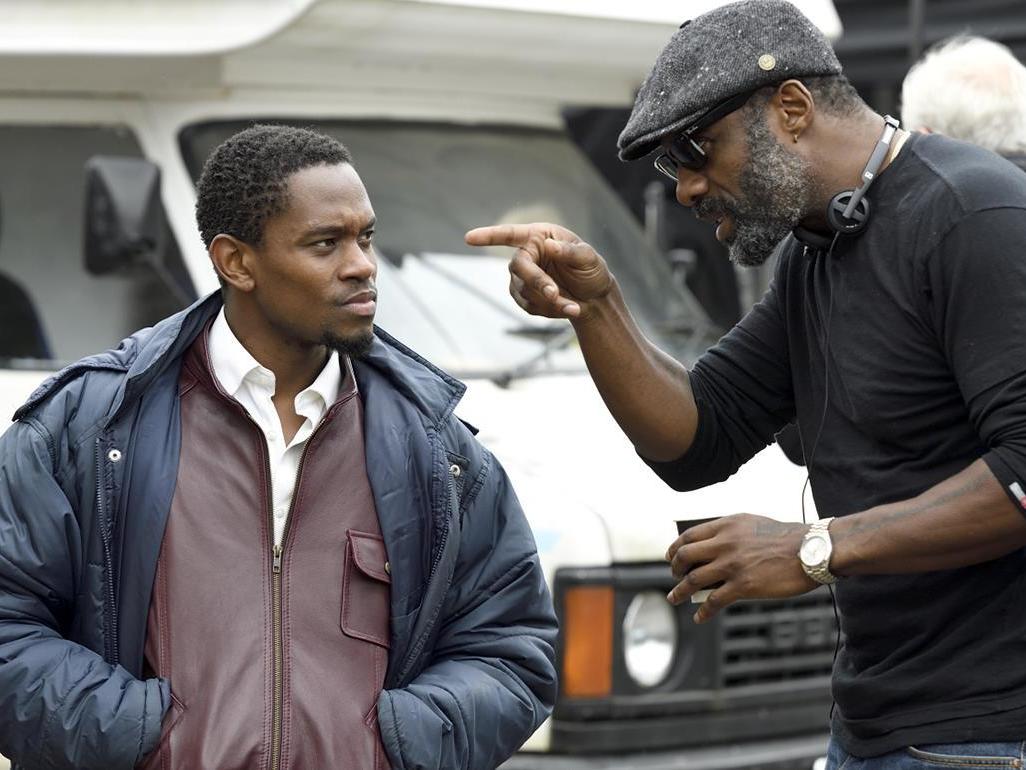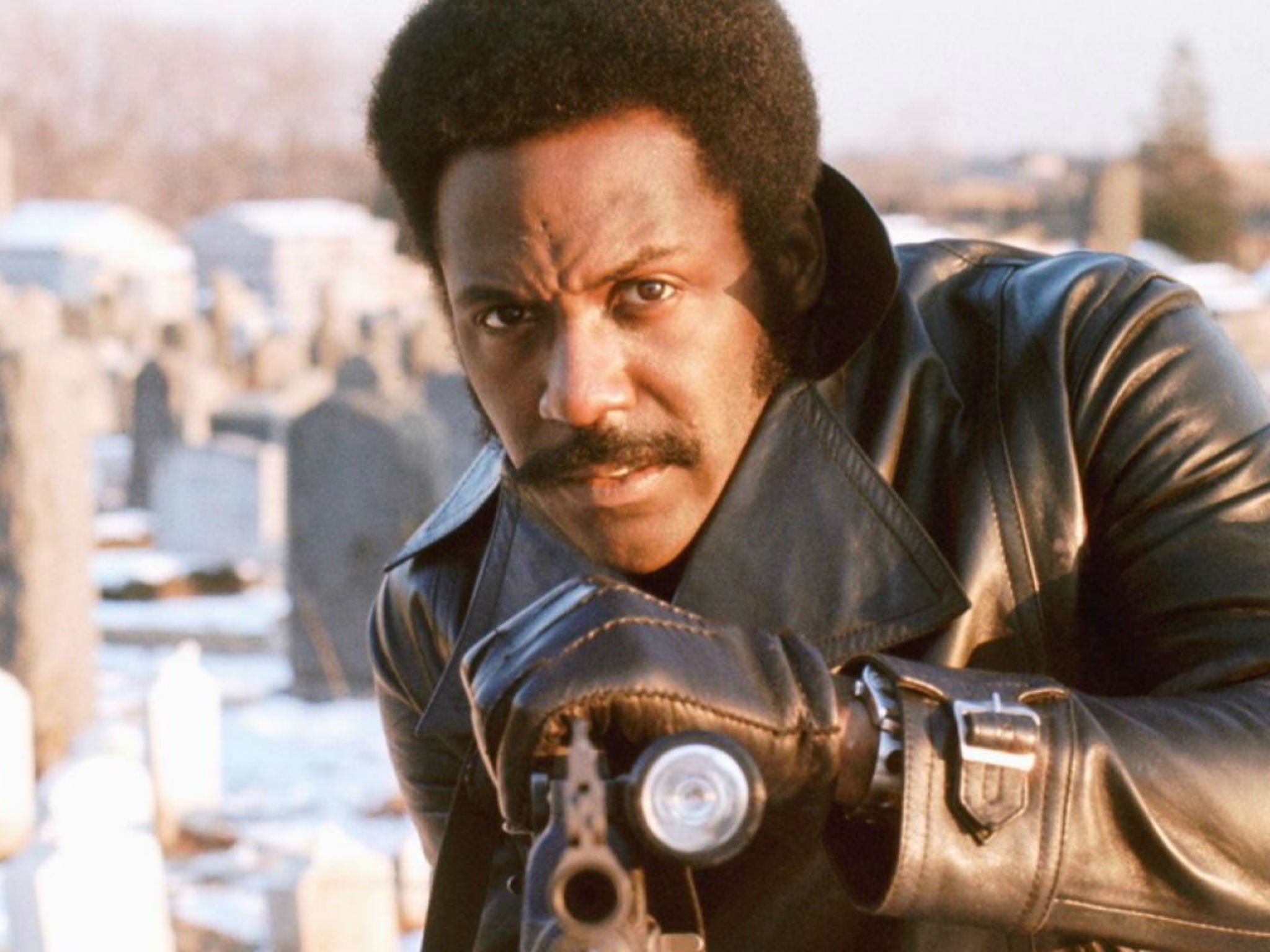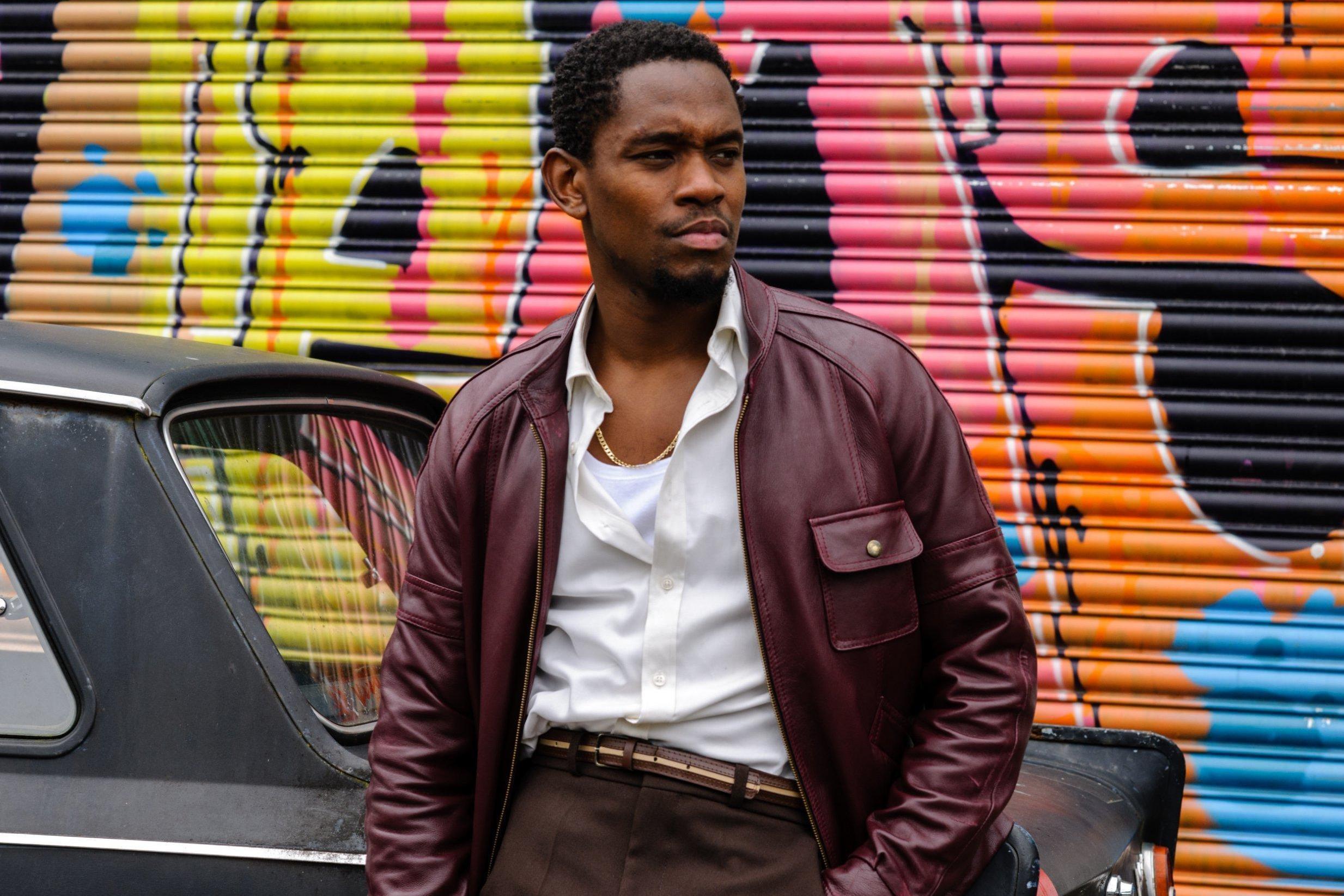Yardie and the complexity of black crime cinema
Idris Elba's film is the latest to go beyond the stereotypes of black citizens and the law

Your support helps us to tell the story
From reproductive rights to climate change to Big Tech, The Independent is on the ground when the story is developing. Whether it's investigating the financials of Elon Musk's pro-Trump PAC or producing our latest documentary, 'The A Word', which shines a light on the American women fighting for reproductive rights, we know how important it is to parse out the facts from the messaging.
At such a critical moment in US history, we need reporters on the ground. Your donation allows us to keep sending journalists to speak to both sides of the story.
The Independent is trusted by Americans across the entire political spectrum. And unlike many other quality news outlets, we choose not to lock Americans out of our reporting and analysis with paywalls. We believe quality journalism should be available to everyone, paid for by those who can afford it.
Your support makes all the difference.It took a black gangster to put Idris Elba in the director’s chair. His adaptation of Victor Headley’s 1992 novel Yardie takes its anti-hero D (Aml Ameen) from a violence-scarred Trenchtown childhood to London drug-lord maturity. As with his acting breakthrough as Stringer Bell in The Wire, crime has been Elba’s way to get a black story told.
Until very recently, non-white actors have routinely found themselves typecast as muggers and prostitutes, reflecting white filmmakers’ ignorant stereotypes. A casual glance at Yardie’s gang war carnage, and the upcoming remake of Seventies coke-dealer saga Superfly, would suggest little has changed. Black crime cinema’s reality has, though, always been more complex. Even as black filmmakers have been ghettoised in such films, they have often used them to deliver socially rich, viscerally exciting bulletins from otherwise ignored communities.
Yardie’s richly evocative, Seventies Jamaican prologue in the world of sound systems and simmering gang war has its provenance in The Harder They Come (1972), the story of young reggae hopeful Ivan (Jimmy Cliff) and his turn to outlaw infamy in the face of the music industry and police corruption. Director and co-writer Perry Henzell’s film interrogates Ivan’s twisted stardom as a drug-dealing cop-killer, which intoxicates him as he pulls gun-toting poses in a mirror, and his desperate, inevitable fall.
The Harder They Come is most notable, though, for the raw authenticity of its Kingston street scenes and patois-heavy screenplay, giving vivid context to both Ivan’s narrow choices and its gorgeous reggae soundtrack. It was crucial to Jamaican culture’s global breakthrough with reggae, and self-respect at home, where its premiere provoked a near-riot. “Black people seeing themselves on screen for the first time created an unbelievable reaction,” Henzell observed.
Shaft created a similar sensation in America in 1971. Its director, Gordon Parks, was a black man with a long history of chronicling the African American experience as a photographer. The commercially slick yet tough tale of black private eye John Shaft was revolutionary simply by having a gun-toting black protagonist at home in the Harlem streets.
Greek-American crime novelist George P Pelecanos vividly recalled for me Shaft’s impact on an otherwise almost all-black cinema audience in Washington, DC in 1971. “When Isaac Hayes’ “Theme from Shaft” came up, everybody got up out of their seats and they were dancing in the theatre.” As he further reflected to Washington City Paper: “Before the [late Sixties race] riots, you never had a movie like it ... Up until Shaft, racial stuff was all sentimentalised ... Shaft was the first movie to have a black protagonist with attitude.”
Super Fly, directed by Parks’ son Gordon Parks Jr, followed in 1972, as the so-called blaxploitation floodgates opened. Curtis Mayfield’s symphonic soul-funk soundtrack again made music integral to black crime cinema’s burgeoning new world. Mayfield regretted the film’s partial glorification of its hero’s drug-dealing, preferring the mournful yearning of his soundtrack song “Freddie’s Dead”. Civil rights groups also showed their disquiet, picketing screenings.
Super Fly and the likes of Black Caesar (1973) certainly pushed blaxploitation away from John Shaft’s side of the law, even as Pam Grier’s stardom in films such as Foxy Brown (1974) created a black female crime-fighting icon. Both exploited for her looks in highly sexual roles, and bold and strong in a clearly feminist way, Grier embodied the compromises and contradictions as black actors made their stand with the work available.
The real criminal life which these films made so alluring with outrageous fashion, pungent slang and superb soul-funk was revealed in the autobiographical books of ex-pimp Iceberg Slim. His Pimp (1967) is effectively a handbook for Super Fly, and was avidly read by young black gangster wannabes. Slim’s whipping of his prostitutes with coat-hangers was among the misogynist details kept out of the movies.

Watch Apple TV+ free for 7 days
New subscribers only. £8.99/mo. after free trial. Plan auto-renews until cancelled

Watch Apple TV+ free for 7 days
New subscribers only. £8.99/mo. after free trial. Plan auto-renews until cancelled

When Pelecanos recreated his memory of that Shaft screening in his 1997 novel King Suckerman, he imagined the book’s titular, invented film playing instead, and put real life back in. Its pimp beats a prostitute just as Iceberg describes, is framed by white police and jailed by an all-white jury. “Usually the brother got out of the life in the last reel, but not before exacting his bloody revenge,” one of the film’s shocked viewers notes. This pimp dies of tertiary syphilis in jail. The initially dancing cinemagoers depart surly and silent.
The blaxploitation craze soon ran its course, but left its mark on a second wave of black filmmakers and musicians in the Nineties. Mario Van Peebles’ New Jack City (1991) directly updated the Seventies films, with Wesley Snipes’ Black Panther-bereted Nino Brown the new superstar drug-lord, pushing crack in high style and with highly fanciful violence. It was gangsta-rap’s visual equivalent.
King Suckerman’s grim debunking of genre myths has, though, become equally common. 1991’s other key black film, John Singleton’s Boyz N the Hood was a far more sombre exploration of life and casual death in South Central LA. Carl Franklin’s Devil In a Blue Dress (1995) then delved back into 1940s LA, as Denzel Washington made his regrettably sole appearance as “Easy” Rawlins, the LA private eye used in Walter Mosley’s ongoing series of novels as a radical black mirror image of Raymond Chandler’s Philip Marlowe.
Pelecanos himself then wrote some episodes of The Wire (2002-08), a crime TV epic which forensically explored the overwhelmingly criminal and corrupt society in which Idris Elba’s clever, ruthless drug businessman Stringer Bell briefly flourished.
Britain has lagged badly behind in telling black stories, although Kidulthood (2006), directed by Menhaj Huda and written by Noel Clarke, and its sequels and imitators, did seek out an untapped black and working-class audience, just as blaxploitation had 30 years before. Mixing social realism and pumped-up drama, Clarke skilfully demanded that you spend time on its West London estate.
A more direct influence on Yardie was 1980’s Babylon which, with its British reggae soundtrack by Aswad, the group’s singer Brinsley Forde as its star, and its story of sound systems and crime arising from racism and police corruption, is an Anglicised The Harder They Come. Babylon’s co-writer Martin Stellman did the same job on Yardie.
This is the sometimes dubious lineage of Idris Elba’s directorial debut. Yardie, though, shows how black crime cinema and the stories black British filmmakers can tell have both matured. However, though considerably toned down from Victor Headley’s ultra-violent novel (whose title exploited fears of merciless Jamaican gangsters at the time of its publication), the film isn’t above thrills and sensationalism.

But, much as his TV comedy In the Long Run did earlier this year, Elba also mines his own memories of Eighties sound systems in his native Hackney. As in The Harder They Come all those years ago, his streets and language come alive. Female characters based in the church also put angels on D’s shoulder. This is a thriller built from the emotional inside of the black British experience.
“In our film we’re readdressing what [Yardie] means,” the film’s star Aml Ameen says. “The point of film-making is to humanise the experience of other people we would never meet.” Yardie is just the latest film to go beyond the stereotypes of black citizens and the law. Here, crime is barely half the story.
Yardie is in cinemas from 31 August. Superfly is released on 14 September
Join our commenting forum
Join thought-provoking conversations, follow other Independent readers and see their replies
Comments